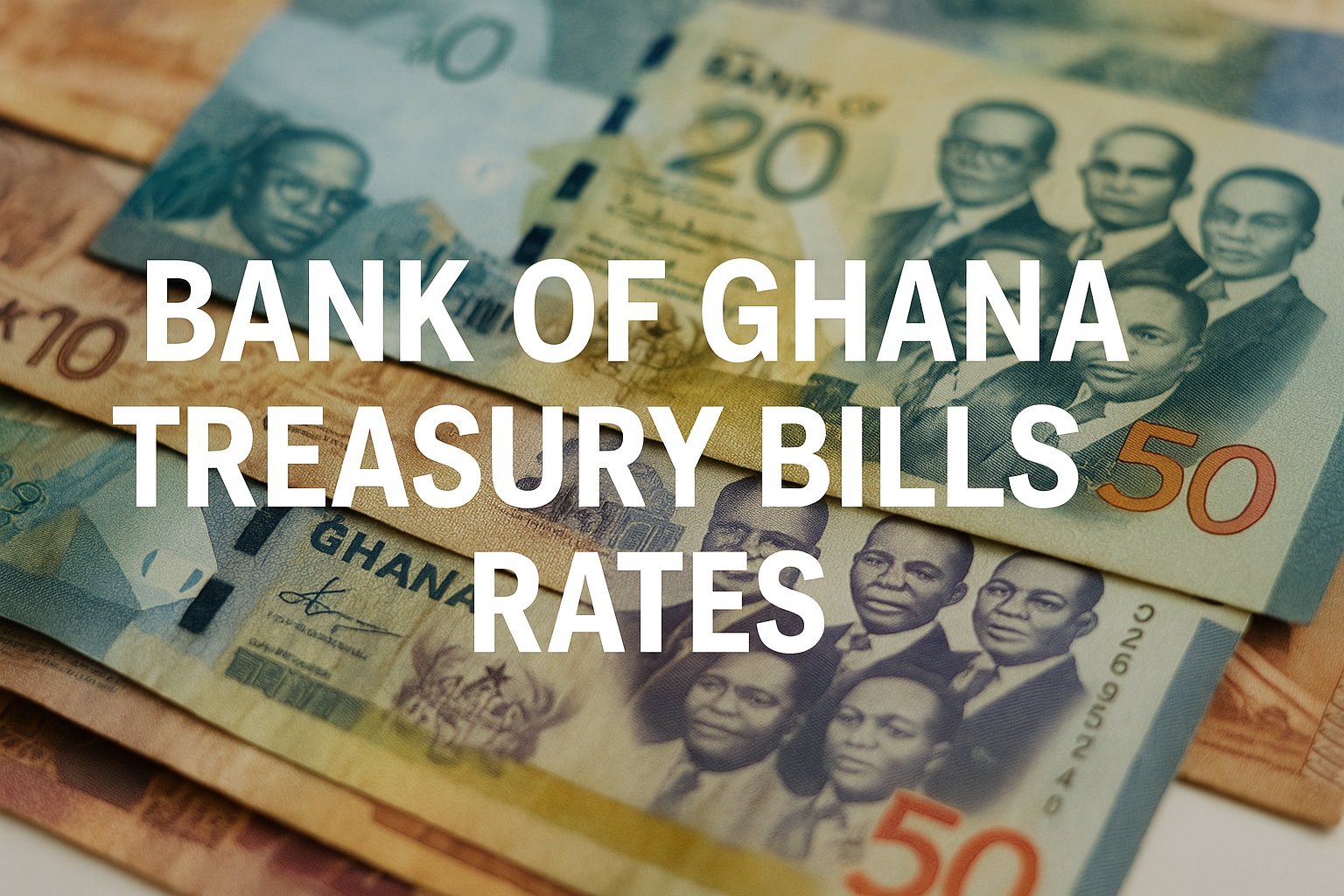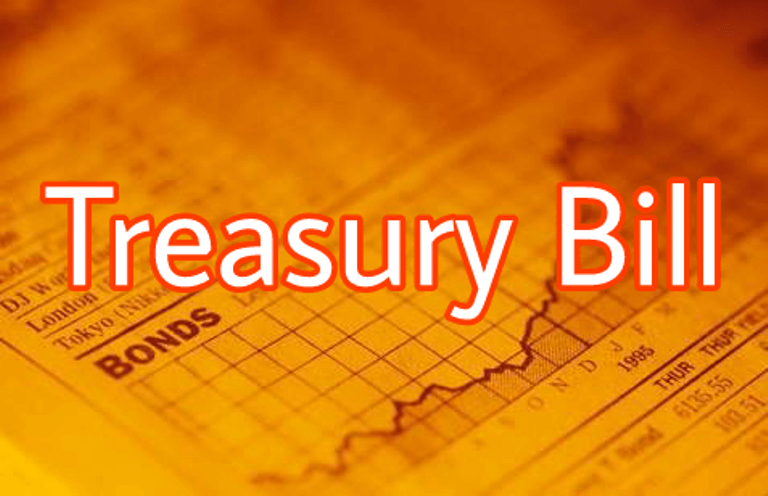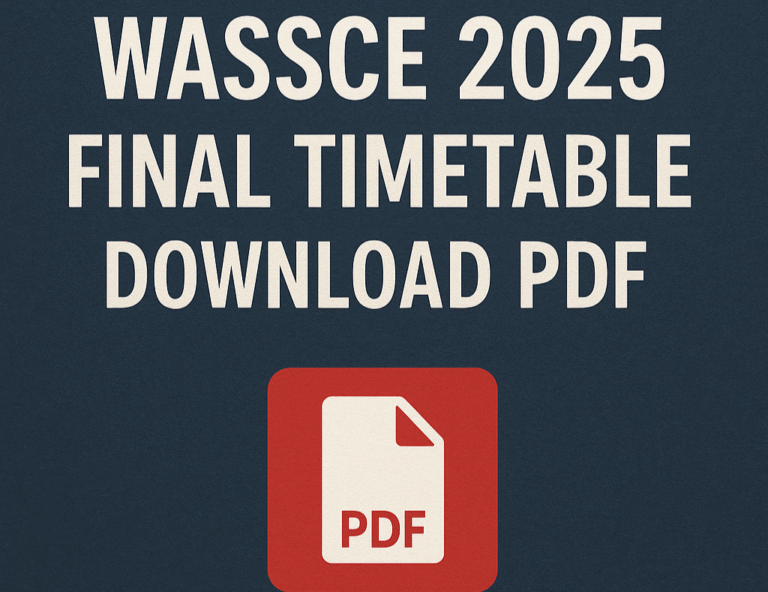Treasury Bill Rates in Ghana: Market Rebounds with Strong Investor Confidence
Published: July 21, 2025
Ghana’s Treasury bill market has experienced a significant turnaround in recent weeks, with investor confidence rebounding strongly after months of subdued activity. The latest auction results from the Bank of Ghana reveal encouraging trends that signal renewed interest in the country’s short-term government securities.
Record Oversubscription Marks Market Recovery
In a remarkable shift from previous weeks, Ghana’s Treasury recorded its first oversubscription in two months during last week’s primary Treasury bill auction. The auction attracted overwhelming investor demand, with total bids reaching GH¢20.98 billion—representing a massive 97.82% surge above the government’s initial target.
This extraordinary response from investors demonstrates a significant restoration of confidence in Ghana’s short-term debt instruments, particularly following several weeks of lackluster market performance.
Bank of Ghana Treasury Bill Rates for the Week 21st July 2025
|
Issue Date |
Tender ID |
Security Type / Period |
Discount Rate (%) |
Interest Rate (%) |
|---|---|---|---|---|
|
21 Jul 2025 |
1964 |
91 DAY BILL |
13.2721 |
13.7276 |
|
21 Jul 2025 |
1964 |
182 DAY BILL |
13.6209 |
14.6163 |
|
21 Jul 2025 |
1964 |
364 DAY BILL |
12.8459 |
14.7393 |
Auction Results Breakdown
The Treasury’s selective approach to the overwhelming bids resulted in the acceptance of GH¢10.64 billion from the total bids received. This amount strategically covered both the government’s original target of GH¢5.44 billion and addressed the impending maturity obligations of GH¢5.24 billion.
READ ALSO:
- Buying Government Of Ghana Treasury Bills Outside Ghana
- Treasury Bill Rates in Ghana 2025 – What Goes Into It
- Treasury Bill Interest Rate Calculations in Ghana 2025
- How to Buy Treasury Bills in Ghana 2025: A Step-by-Step Guide
- Treasury Bill Calculator Ghana
Detailed Bid Analysis by Instrument:
91-Day Treasury Bills:
- Total bids received: GH¢13.77 billion
- Amount accepted: GH¢5.65 billion
- Yield: 13.72% (down 93 basis points)
182-Day Treasury Bills:
- Total bids received: GH¢4.22 billion
- Amount accepted: GH¢2.99 billion
- Yield: 14.61% (down 41 basis points)
364-Day Treasury Bills:
- Total bids received: GH¢2.98 billion
- Amount accepted: GH¢2.00 billion
- Yield: 14.73% (down 68 basis points)
Significant Yield Compression Across All Tenors
One of the most notable developments in the current market environment is the sharp decline in yields across all Treasury bill instruments. This downward trend reflects both improved market sentiment and the broader monetary policy environment.
The 91-day bills experienced the most dramatic yield compression, falling by 93 basis points to 13.72%. This represents a substantial reduction from previous weeks and indicates strong demand from investors seeking short-term investment opportunities.
The 182-day and 364-day instruments also saw meaningful yield reductions of 41 and 68 basis points respectively, settling at 14.61% and 14.73%. These rates, while lower than recent peaks, continue to offer attractive returns relative to other investment alternatives in the current market environment.
Policy Rate Impact Drives Investor Behavior
Market analysts attribute the surge in Treasury bill demand primarily to recent monetary policy adjustments by the Bank of Ghana. The central bank’s decision to significantly reduce rates on its policy instrument—the BoG Bills—has created a ripple effect throughout the short-term securities market.
Previously, BoG Bills offered yields of approximately 27%, making them highly attractive to institutional investors and fund managers. However, with the recent rate cuts, these instruments have become less competitive, prompting a strategic reallocation of funds toward government Treasury bills.
This shift in investment flows demonstrates the interconnected nature of Ghana’s money markets and highlights how central bank policy decisions can rapidly redirect capital flows within the financial system.
Market Outlook and Investment Implications
The current market dynamics present several key considerations for investors and policy makers:
For Investors:
- Opportunity Cost Considerations: With BoG Bills no longer offering premium returns, Treasury bills have become relatively more attractive despite declining yields
- Diversification Benefits: The oversubscription suggests strong institutional demand, indicating confidence in the government’s ability to service its short-term obligations
- Yield Environment: Current rates, while declining, still offer positive real returns in the context of Ghana’s inflation environment
For Government Debt Management:
- Funding Success: The oversubscription provides the Treasury with enhanced flexibility in selecting favorable bids and managing funding costs
- Market Confidence: Strong investor demand reduces rollover risks and provides stability for short-term financing needs
- Cost Management: Declining yields translate into lower borrowing costs, potentially improving the government’s fiscal position
Historical Context and Future Expectations
The current market recovery comes after several challenging weeks characterized by undersubscriptions and elevated borrowing costs. Recent auctions had struggled to meet government targets, with investors showing reluctance to participate at prevailing rates.
The dramatic reversal in sentiment reflects both the effectiveness of monetary policy transmission mechanisms and the adaptability of Ghana’s financial markets to changing conditions. As yields have adjusted to more sustainable levels, investor appetite has returned, creating a more balanced market environment.
Regional and International Perspective
Ghana’s Treasury bill market performance must be viewed within the broader context of West African monetary conditions and global financial trends. The current yield levels remain competitive relative to regional peers while reflecting the specific risk and liquidity characteristics of Ghana’s sovereign debt.
The recent market developments also align with broader trends in emerging market debt, where investors are increasingly focused on yield opportunities as global interest rate environments evolve.
Conclusion
The latest Treasury bill auction results mark a significant milestone in Ghana’s debt market recovery, with investor confidence returning in spectacular fashion. The 97.82% oversubscription rate demonstrates renewed faith in the government’s short-term securities, while the sharp decline in yields reflects both improved market sentiment and effective monetary policy transmission.
For market participants, the current environment presents both opportunities and challenges. While yields have compressed significantly, the strong institutional demand and successful auction outcomes suggest a more stable and predictable market environment for short-term government securities.
As Ghana continues to navigate its fiscal and monetary policy landscape, the Treasury bill market’s performance will remain a critical indicator of investor confidence and the effectiveness of broader economic management strategies. The current positive momentum provides a solid foundation for sustained market development and improved government financing conditions.
This analysis is based on the latest available data from the Bank of Ghana and market reporting from leading Ghanaian financial news sources. Treasury bill rates and auction results are subject to regular changes based on market conditions and government funding requirements.






